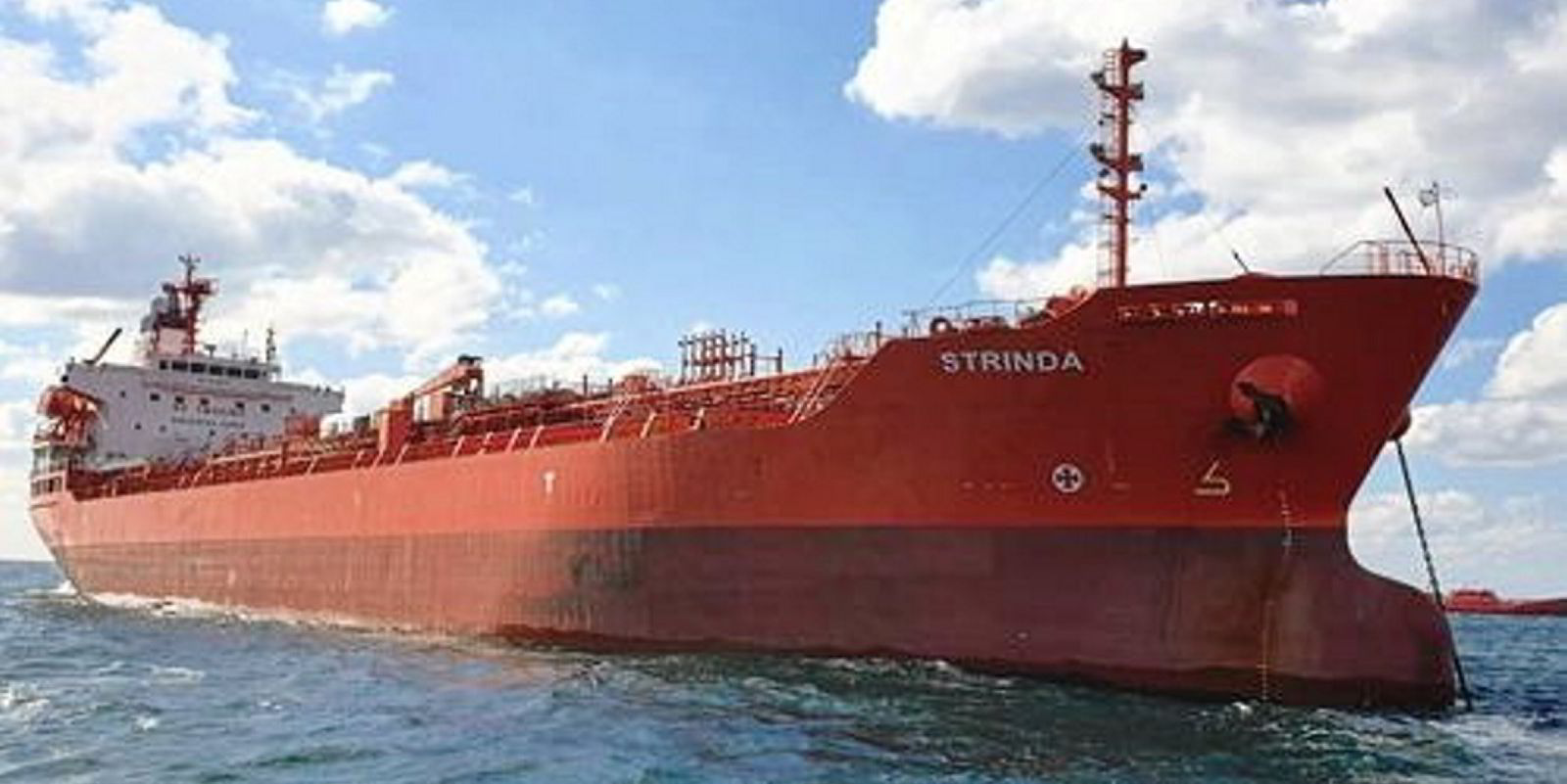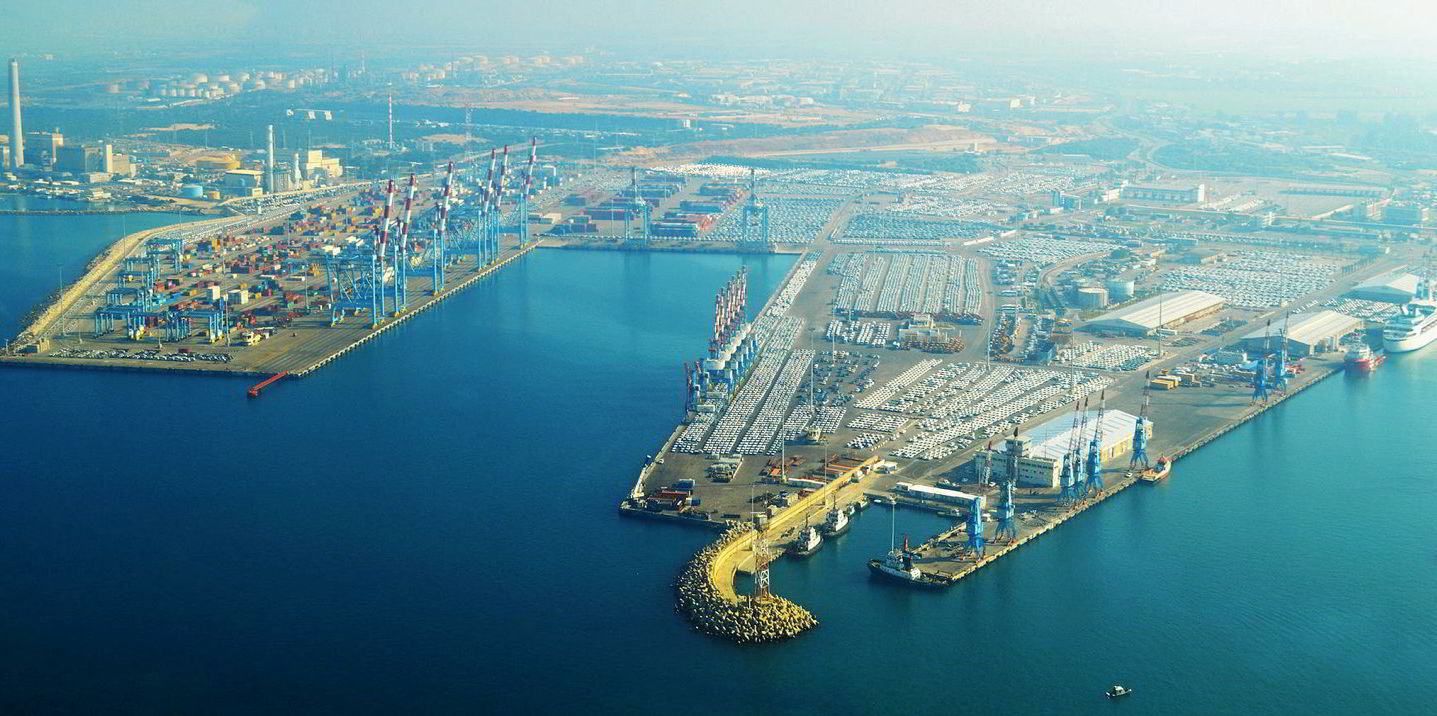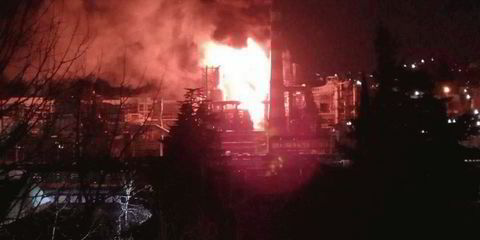Norway’s government and shipowners have called for a coordinated international response to the latest attack on a tanker in the Red Sea.
“This is a serious and unacceptable attack,” said Harald Solberg, chief executive of the Norwegian Shipowners’ Association after J Ludwig Mowinckels’ 20,000-dwt Strinda (built 2006) came under missile attack late on Monday from Yemen’s Houthi rebels.
Norwegian authorities and the international community need to take the situation “very seriously”, the association said.
Measures must be taken to see that the conflict between Israel and Hamas, which the Houthis cited as a reason for the attack, does not expand into a regional war, Solberg added.
About 20,000 ships pass through the region each year, he said, and ensuring that the world’s most important supply lines are kept open “must be a central priority”.
The Strinda incident is an escalation in the Houthis’ campaign. They had been attacking or hijacking only vessels they believed to be linked to Israeli interests. However, three days ago, the rebels said they would widen their target list to vessels they believed to be calling at Israeli ports as well.
“Arbitrary attacks like this are totally unacceptable,” Norwegian state secretary Eivind Vad Petersson said on Tuesday.
Norway, a Nato partner to the US, the UK and France, which have sent warships to help protect shipping in the region, “works closely with allies — both politically and militarily — to ensure free and safe navigation at sea”, Petersson added.
The Norwegian Maritime Authority, which runs the country’s international and domestic ship registries, said it had spoken to the shipowners’ association, the Strinda’s classification society Bureau Veritas and the Ministry of Trade, Industry & Fisheries.
“This was a serious attack on a civilian vessel with a risk of much more serious consequences than what seems to be the case so far,” the authority said.
“It is reassuring to note that there were no serious injuries and that the crew has gone to great lengths in an extremely difficult situation to establish control and secure the ship.”
The authority said it would re-evaluate the threat level for Yemen’s Red Sea coast, which it raised on 10 October to “MARSEC level 2”, which recommends heightened security measures.
The International Maritime Organization’s outgoing secretary general, Kitack Lim, joined the chorus of condemnation and unease.
“I invite member states to work together to ensure unhindered and safe global navigation, everywhere,” Lim said.






